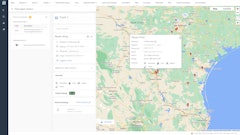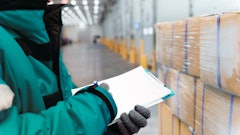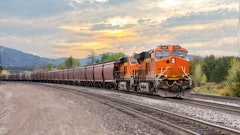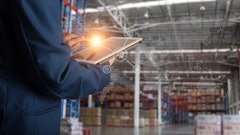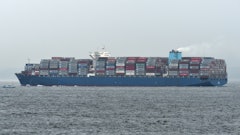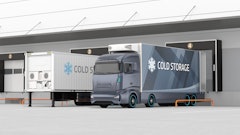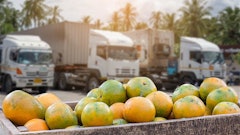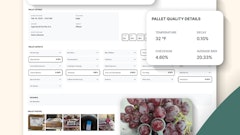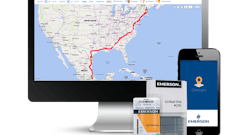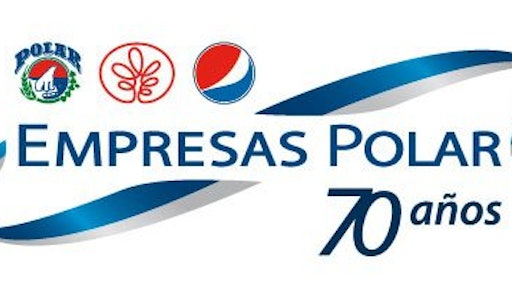
Venezuelan troops occupied a Caracas warehouse complex used by local food giant Empresas Polar and Nestle to distribute food and beverages, reported CNBC.
The move follows months of accusations by President Nicolas Maduro that Polar, the country's largest private employer, is working to sabotage the economy. The company denies this.
Maduro's predecessor Hugo Chavez expropriated several warehouses from Polar, in some cases arguing that the space should be used to build houses for the poor.
Around 50 workers protested inside the complex, including atop a water tower, with contractors joining them in solidarity outside in a poor neighborhood in the west of Caracas.
"If we don't work, we don't eat," said truck driver Carlos Munoz, a 43-year-old contractor for Polar. He transports food and drink from the site to shops and distributors.
Polar said the move puts 2,000 employees' jobs at risk.
"This is our principal dispatch center," company director Manuel Larrazabal said in a statement, adding that Polar sent 12,000 tons of food and six million liters of drink out every month from the site. "We ask that the measure be reconsidered."
The government did not respond to a request for comment.
Editors Insight: As the global food chain expands, food companies face more uncertainties such as this unfortunate incident in Venezuela. Food supply chain service providers looking to partner with international companies need to have contingency plans in place to respond to disruptions caused by political instability.
Companies supplying food and beverages to Empresas Polar in Venezuela that had contingency plans in place would have been able to reroute deliveries and save themselves significant problems. Such situations place inventory, assets and employee safety at risk.
Physical safety is an aspect of food safety that the food and beverage supply chain has to consider as it expands.
There are companies that specialize in advising companies about security threats in foreign markets. These companies are growing as more businesses join the global economy.
The e-book version of the August Food Logistics will present an overview of how one global security firm assists supply chain companies in assessing physical security risks. The company, Alexandria, Va.-based Tate Global, makes recommendations based on knowledge of local threats to infrastructure, the local business environment, and local government practices that could affect business. 8-4-15 By Elliot Maras





